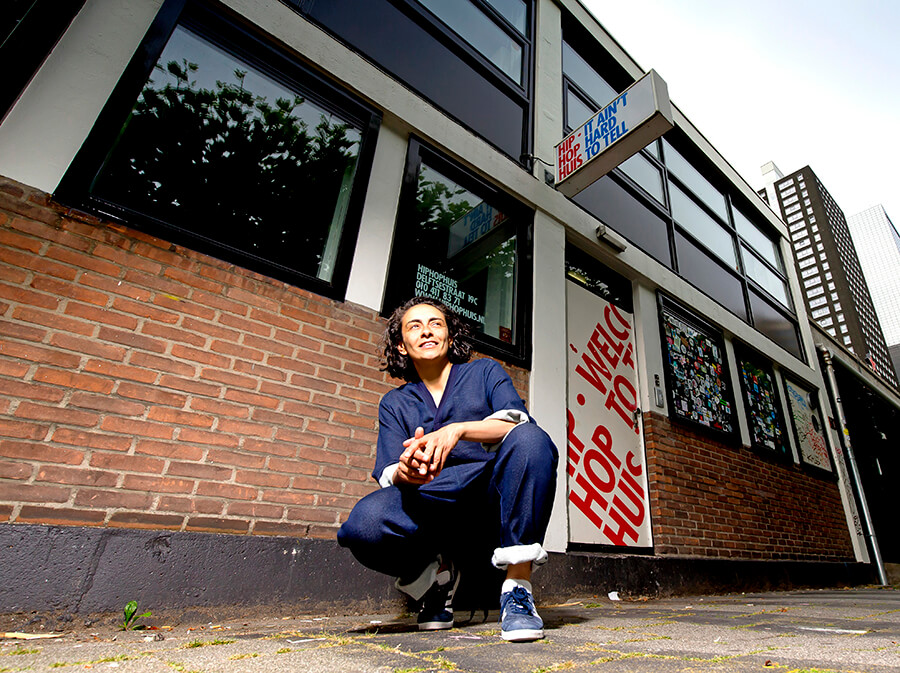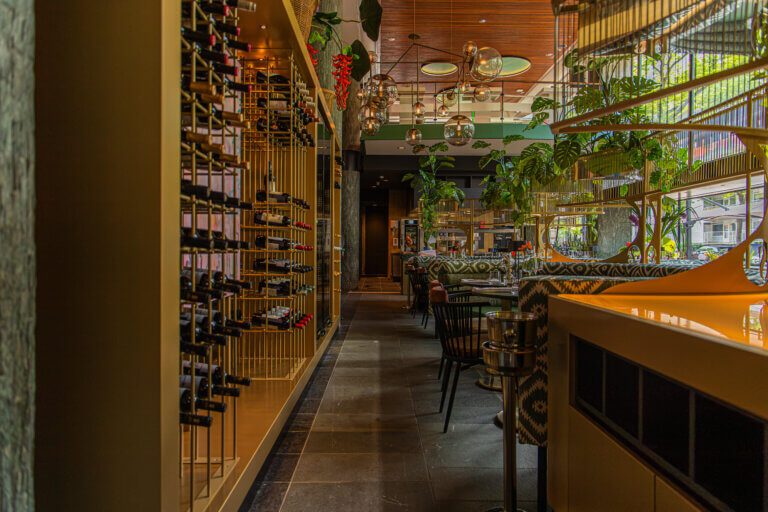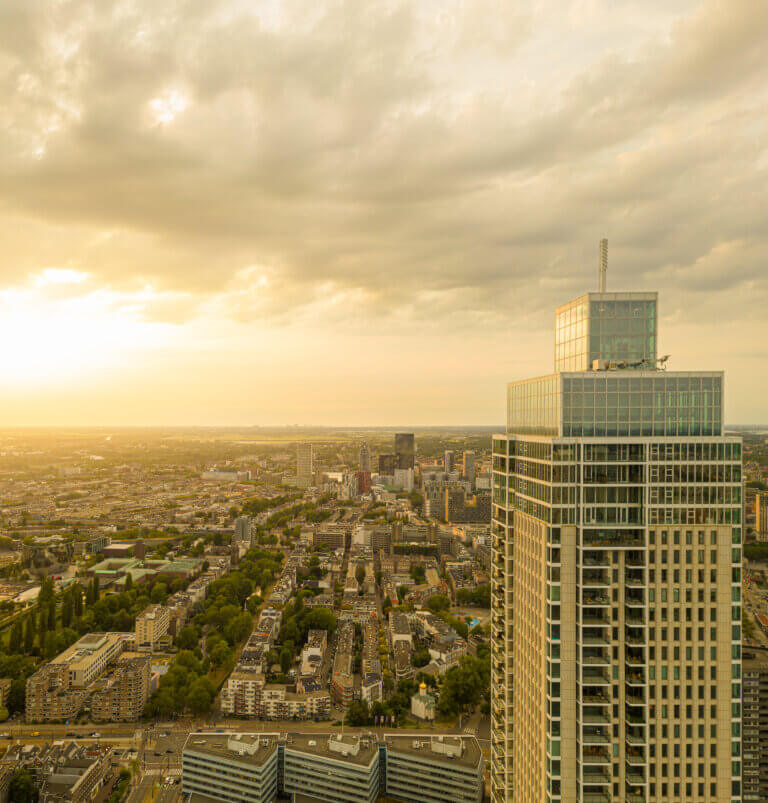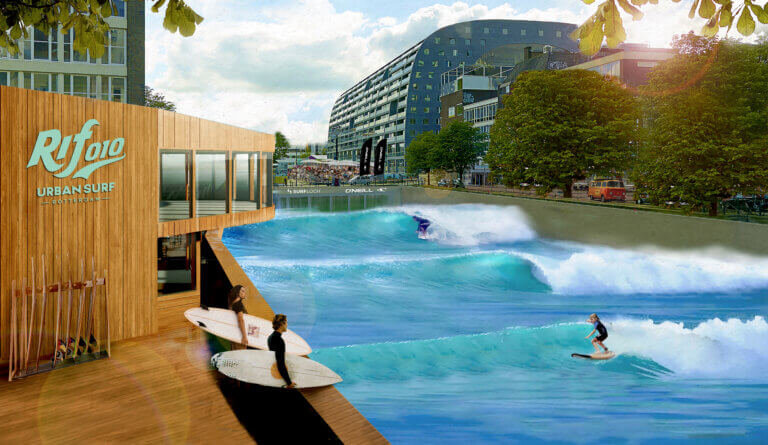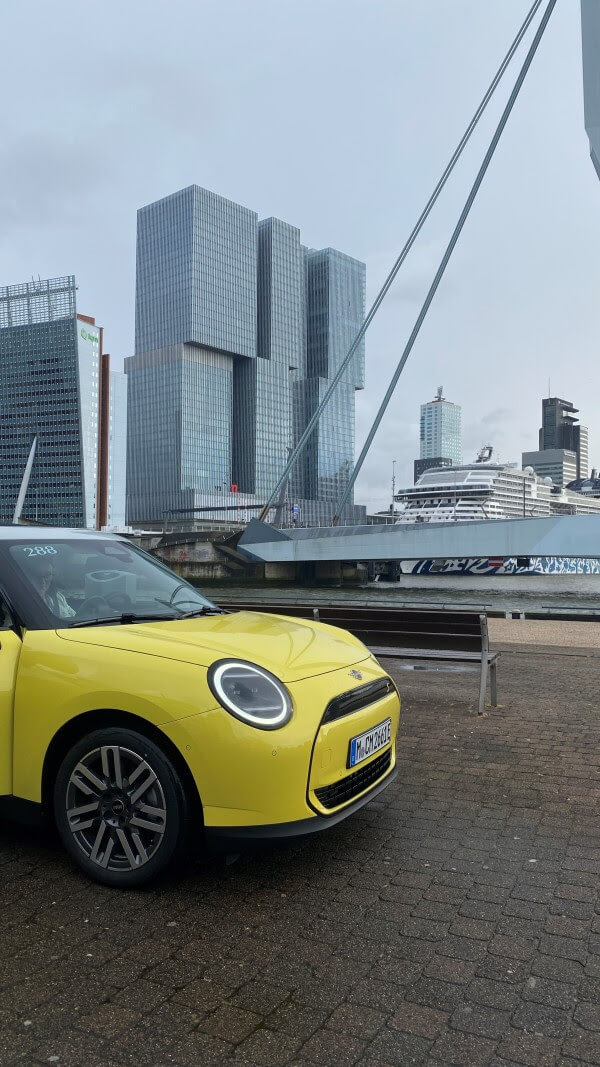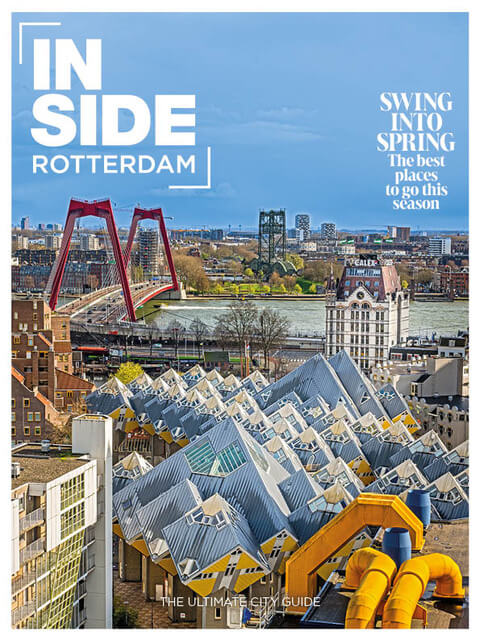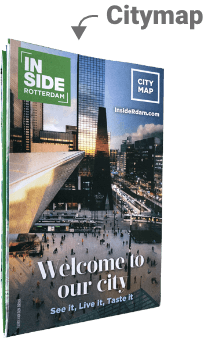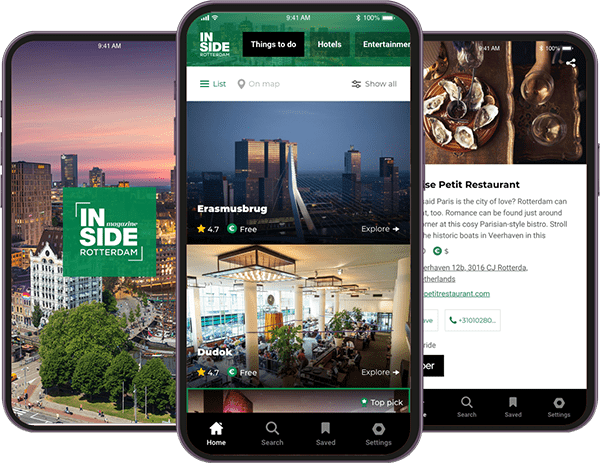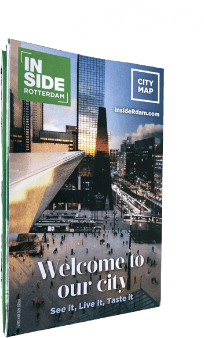It’s not the moves that make the movement: HipHopHuis, a space dedicated to hip-hop culture, is more than meets the eye. Its co-founder and general director Aruna Vermeulen advocates a culture of inclusion already common at this popular Rotterdam venue.
Words: Irene de Vette
A hop, skip and jump away from Rotterdam’s Central Station is Delftsestraat, a vibrant street that is home to a cluster of bars, clubs, creative offices and dance schools. Since 2012, HipHopHuis has been adding its creative energy to the mix, a glimpse of which can be seen through the massive windows at street level. There are girls and boys practising their dance moves, street art and music skills or any other discipline hip-hop culture entails. Dubbed ‘Home Of The Brave’, it was founded by Bennie Semil, Lloyd Marengo and Aruna Vermeulen back in 2002. With a background in social history, as well as an international reputation in the breakdance scene as a dancer and teacher, Aruna is HipHopHuis’ general director. Her work includes everything from creating an exhibition on hip-hop fashion, to facilitating events, club nights, workshops, battles and talk shows. Moreover, she represents the voice of Rotterdam’s youth in the political and cultural debate: “Raising awareness is at the core of everything I do,” she says.
Ownership
Born and raised in Rotterdam-West, Aruna still lives in this part of town. She loves her city, but isn’t afraid to add a critical note to the current wave of positive publicity. “I’ve travelled a lot in my breakdancing years, and I often saw people of different cultures living in separate neighbourhoods. In the centre of Rotterdam, everyone used to live together. You’d arrive at Central Station and think: This city has soul! But it’s all becoming quite clean and gentrified now. Seventy per cent of children in Rotterdam have a migration background. I think there’s a mismatch of what the city proudly celebrates and what the city actually is. It would be a golden opportunity for Rotterdam to give its youth more ownership. HipHopHuis is one example, which shows it can be done.”
Hip-hop culture isn’t how many (older) people often tend to perceive it. “The image of hostility and materialism is persistent. When people peek through our windows and see smiles and much love going around, they see something else altogether. Hip-hop can mean different things to different people, but at its roots are fundamental cultural values. It’s about expressing yourself in a way that fits with your personality and about operating from your inner strengths. To be able to do this, you need to go on an inward journey first: Who am I? What are my roots? Where does my family come from and where do I want to go in life? Thinking about these questions opens up new avenues. For some, a street dance course is just a nice thing to do, but for others, it can be a life-changing experience.”
Safe space
At HipHopHuis, everyone is greeted and made to feel welcome. It’s also a space where young people get a lot of freedom and the responsibilities that come with it,” Aruna explains. “Coming from the breakdance community, these values had become second nature to us. In recent years, we’ve become even more aware of them as to exclude no one. Our teachers all have a background in the hip-hop scene; they’re our children’s heroes. We’re committed to providing a safe space where everyone feels at home. To give a small example of what that means: Sometimes performers can feel quite vulnerable, so we can also close the curtains if need be. Another example: we make sure not to broadcast personal footage on social media without asking permission, and sometimes we purposely refrain from filming, to guarantee a safe environment.”
In the recent Kunsthal exhibition ‘Street Dreams’ which Aruna co-curated, the hip-hop values were equally emphasised. “Visitors may have expected to see sneakers or jackets, but we wanted to show the culture around streetwear,” Aruna says. “We have many hip-hop entrepreneurs using our workspaces, bringing with them an amazing creativity. Our hip-hop mayor Winne manages his studio and record label. Photographer Stacii Samidin had his studio here, as well as dance society Amenti Collective. Some moved to different spaces in the city, and that’s how it should be. It’s my dream to be able to create a ‘hip-hop map’ of Rotterdam one day, flagging all the spots where youth culture manifests itself. We’re the youngest city in the Netherlands, and we should embrace that, rather than pushing it away. It’s a raw energy that makes our DNA. It’s who we are. As a dancer, a strong core is essential: the energy in the whole body is connected to the centre.”
Picture by Bart Hoogveld
